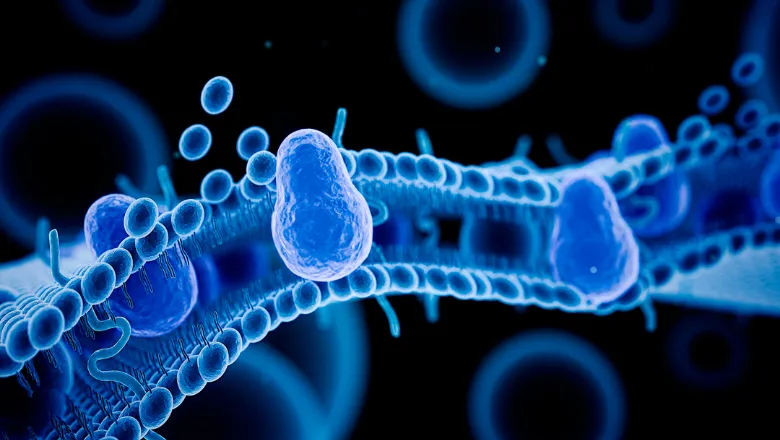This is a fantastic opportunity to bring together our two teams of structural biologists and membrane biophysicists, working together on a crucial piece of the puzzle needed to understand human responses to bacterial infection."
Professor Mark Wallace
27 April 2022
King's researchers to build artificial bacterial cells to understand human immune responses
Wellcome grant awarded to King's Chemist

A £1.5M grant from the Wellcome Trust has been awarded to Professor Mark Wallace from King’s Department of Chemistry, working alongside Dr Doryen Bubeck of Imperial College London. This funding brings together their individual expertise in artificial cells and structural biology to improve our understanding of how the human immune system responds to infection.
The human immune response uses molecular machines that punch holes in bacteria to fight infection. These holes are made by the membrane attack complex (MAC), a giant protein-based pore that pierces the protective barrier of bacterial cells. Although we know MAC pores can perforate the surface of these bacteria, precisely where and how this barrier is disrupted is not fully understood.
By linking molecular-resolution imaging of the structure of MAC with artificial cells that can mimic the bacterial membrane, this work will map out the key factors that render bacteria susceptible to attack by MAC. By improving our molecular understanding of how and why bacteria are able to evade the immune system this research will help unlock new ways of developing antibiotics and help tackle the global health crisis of antimicrobial resistance.
Commenting on the grant, Mark said:

